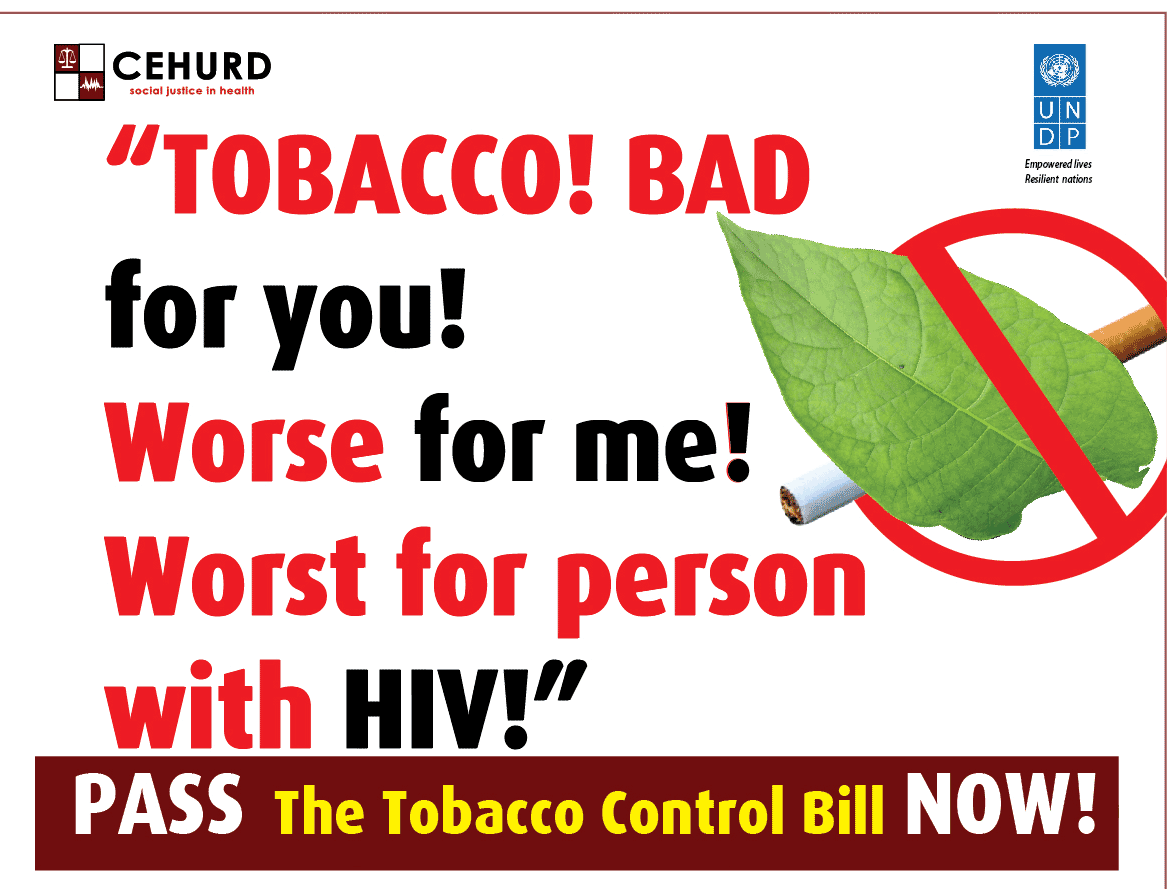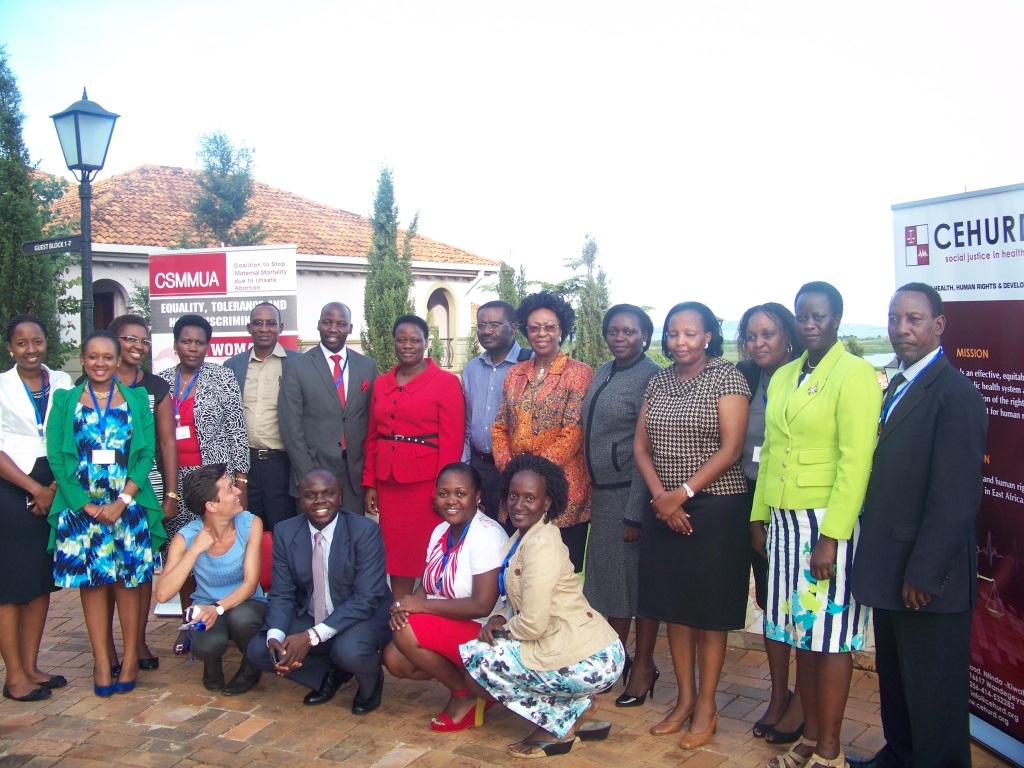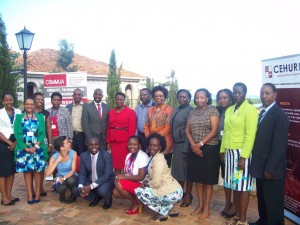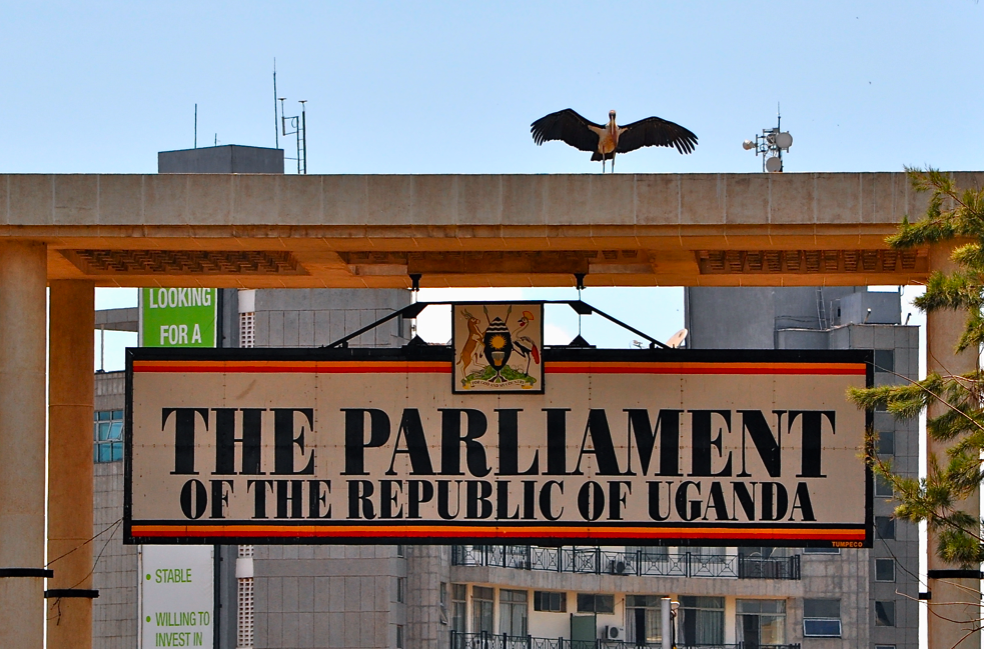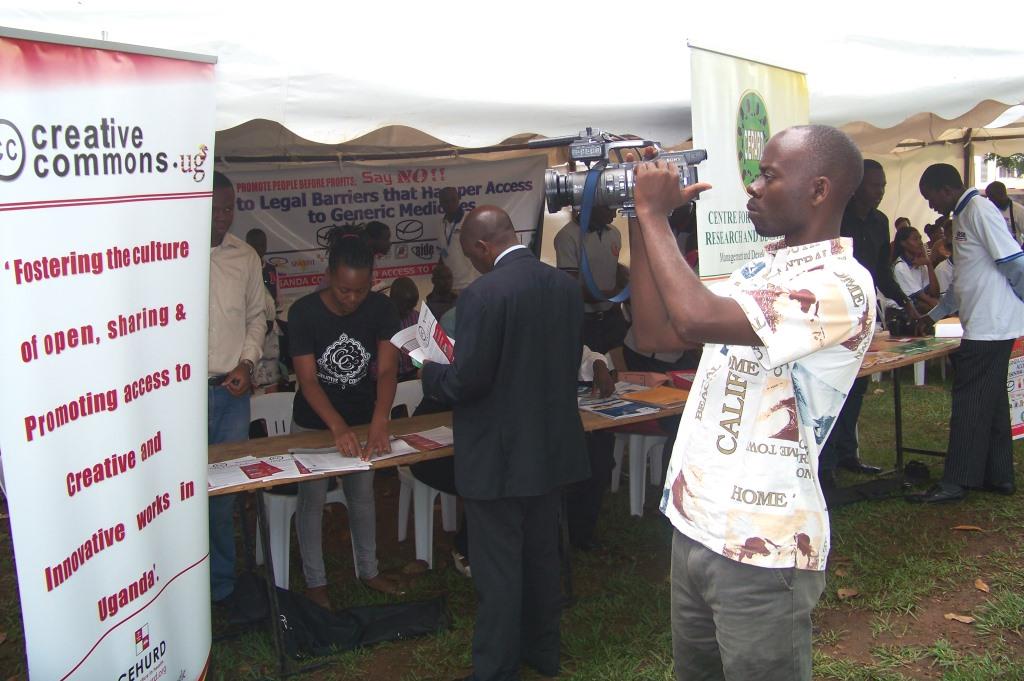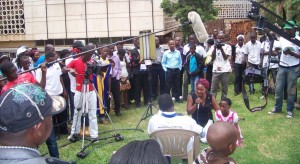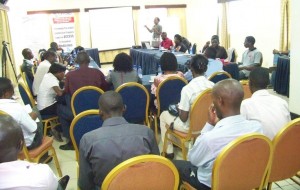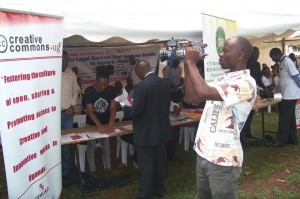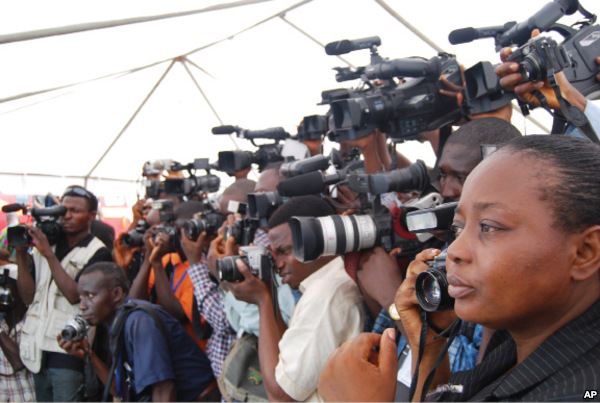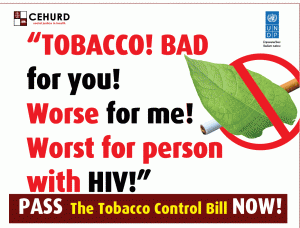 Today Uganda joins the rest of the world in recognizing the devastating effects of Tobacco use and exposure to tobacco smoke on human lives. This year’s world no Tobacco Day (WNTD) is being commemorated at a time when the Tobacco Control Bill has been tabled before parliament for debate.
Today Uganda joins the rest of the world in recognizing the devastating effects of Tobacco use and exposure to tobacco smoke on human lives. This year’s world no Tobacco Day (WNTD) is being commemorated at a time when the Tobacco Control Bill has been tabled before parliament for debate.
It also coincides with a health awareness campaign facilitated by the Center for Health, Human Rights and Development (CEHURD) in four Universities of Makerere University, Uganda Christian University, Kampala Internal University and Nkumba University Funded by the United Nations Development Program (UNDP) Uganda Country office.
The campaign is based on findings from a survey done in the four Universities in 2013. The survey discovered that at least 50% of university students had no information as to what causes Non Communicable diseases.
It should be noted that Tobacco is the leading cause of NCDs. And that majority of smokers in the world today begin smoking long before they are 18 years of age. The World Health Organization (WHO) estimates that 70 percent of premature deaths in adults are the result of behaviors begun during adolescence and youth.
Behavioral researchers on Non Communicable Diseases (NCDs) have also established that behaviors associated with two of the key risk factors for NCDs—tobacco and alcohol use—are likely to start or become established during adolescence.
In 2006, the Uganda demographic Health Survey established that 22% and 4% of Uganda’s adult males and females between the ages of 15-49 respectively are habitual smokers, while the Global Youth Tobacco Survey (GYTS) of 2010 stated that 15% of boys and 13% of girls in secondary schools start smoking annually.
In 2011, WHO Country NCD profile estimated Uganda’s mortality due to NCDs at 64/1000 for males and 42/1000 for females and reported a daily tobacco smoking rate of 12.3% among males and 1.5% among females.
Today youths especially in urban areas are reported to be smoking Shisha – a glass-bottomed water pipe in which fruit-flavored tobacco is covered in foil and roasted over charcoal. WHO studies report that smoking a pot of shisha is equated to one who has smoked 200 cigarettes, which factually means that shisha is a more dangerous option.
Despite the growing popularity of shisha smoking among urban youths, university students and young professionals and the presence of National Environment (Control of Smoking in Public Places) Regulations of 2004 mandating a smoke-free environment, and prohibiting smoking in public places, the practice remains largely unregulated.
Tobacco use and exposure are a leading public health problem in our country. They are a detriment to development and worsen poverty. Studies conducted in tobacco growing areas have reported that a tobacco farmer earns only 33% of the basic household expenditure of an average Ugandan; the farmer suffers cases of green tobacco sickness caused by poisoning from exposure to nicotine absorbed during cultivation and harvesting tobacco; the community is exposed to food insecurity as most of the land is devoted to tobacco farming; and four (4) in every ten (10) boys and six (6) of every ten (10) girls of school-going age are unable to join schools in tobacco-growing areas because they are working in Tobacco Fields.
As a party to the WHO Framework work Convention on Tobacco Control (FCTC), Uganda is obliged to put in place and implement tax and price policies on tobacco products as a way to reduce tobacco consumption.
Research has proven that increasing taxes on tobacco products effectively reduces consumption of tobacco products among poor people and acts as a deterrent to young people who would otherwise start smoking. WHO reports that a tax increase that increases tobacco prices by 10% decreases tobacco consumption by up to 8% in low- and middle-income countries.
Furthermore, focusing on cessation measures for youths and adolescents presents Uganda with an opportunity to reinforce the benefits of positive behaviors that could cut the projected burden of NCDs by half or more if we paid attention to health promotion and disease prevention.
Civil Society Organizations therefore urge the Government to;
• Increase taxes on tobacco products to levels that reduce tobacco consumption by youths in the financial year 2014/15. Uganda’s taxation policy on Tobacco products is still lagging at a paltry 42%, far below the industry’s international threshold of 70 per cent of retail price.
• Ban smoking in public places, advertising, promotion and sponsorship of tobacco related events that are aimed at encouraging youths to start smoking.
• Increase the resources for smoking cessation services in community health centers
• Offer smoke-free education and promotion in schools.
• Pass the Tobacco Control Bill of 2014:
Enforcement measures in this bill will protect Ugandans from the devastating health, social, economic and environmental consequences of tobacco use and exposure to tobacco smoke by, imposing bans on smoking in public places and tobacco advertising, increasing taxes on tobacco products and restricting government alliances with the Tobacco Industry.

